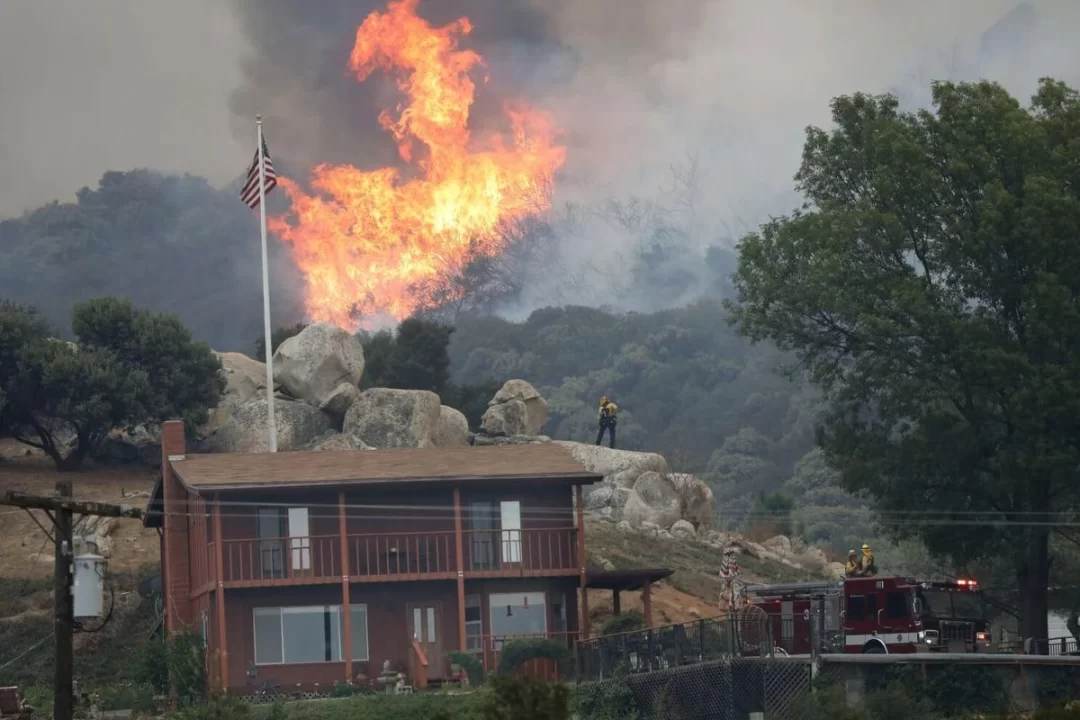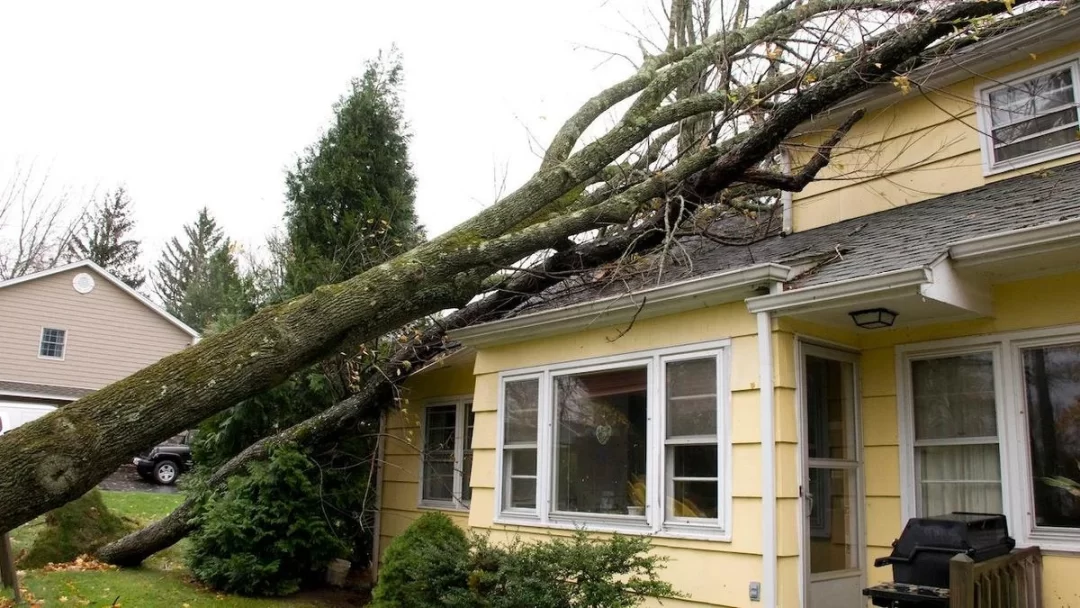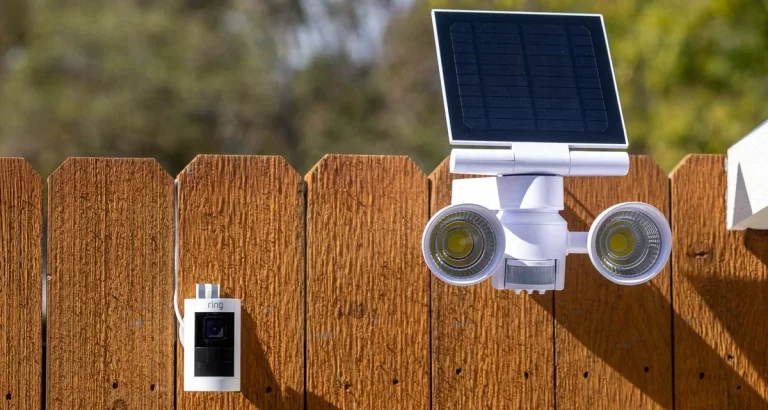Top 12 Home Security Tips for Natural Disasters with Photos
Home Security Tips for Natural Disasters: With the increase in natural disasters around the world, it’s crucial to prepare our homes for extreme weather. From hurricanes to wildfires, these disasters can be dangerous and cause severe damage to homes. In this article, we’ll explore ways to protect your home and stay safe during natural disasters.

How to Protect Your Home from Natural Disasters
When it comes to natural disasters, it’s not a matter of if they will happen, but when. Therefore, it’s crucial to take proactive steps to protect our homes from potential damage and keep our loved ones safe.
By following some simple home security tips, you can reduce the risk of injury and property damage caused by natural disasters.
1. Understanding Natural Disasters and Their Risks
It is essential to understand the dangers associated with various types of natural disasters in order to make sound judgments. Earthquakes, floods, wildfires, hurricanes, and tornadoes are among the most common types of natural disasters.
Each poses unique challenges and requires different preparation methods. For example, if you live in a hurricane-prone area, you need to prepare for strong winds, heavy rainfall, and flooding. If you live in a wildfire-prone area, you need to focus on creating a defensible space around your home.
2. Evaluate Your Home’s Vulnerability
The first step in protecting your home from extreme weather is to evaluate its vulnerability. You need to assess the risk of natural disasters in your area and determine whether your home can withstand them.
You can consult a professional to assess your home’s structural integrity and identify potential weaknesses. Additionally, you can check for signs of wear and tear, such as cracks in the foundation, leaks in the roof, or loose siding.
3. Create an Emergency Plan
Having an emergency plan in place can help you stay calm and focused during a natural disaster. You should create a plan that includes evacuation routes, designated meeting places, and emergency contacts.
Make sure all family members are aware of the plan and practice it regularly. Also, prepare an emergency kit that includes essential items such as water, food, first aid supplies, and important documents.
4. Secure Your Windows and Doors
During a natural disaster, strong winds and flying debris can cause windows and doors to break. You can protect them by installing impact-resistant windows and doors or using storm shutters. Additionally, you can reinforce your existing windows and doors with plywood or metal shutters.
5. Reinforce Your Roof

A sturdy roof can help prevent water damage and keep your home safe during a natural disaster. You can reinforce your roof by adding hurricane straps or clips, which anchor the roof to the walls. You can also consider upgrading to a more durable roofing material, such as metal or tile.
6. Install Storm Shutters
Storm shutters can protect your home from high winds and flying debris. You can install permanent shutters made of metal or impact-resistant glass, or you can use temporary shutters made of plywood or aluminum.
7. Protect Your Basement and Foundation
Your basement and foundation are vulnerable to flooding and water damage during a natural disaster. You can protect them by sealing any cracks in the foundation and installing a sump pump.
Additionally, you can consider raising your home’s foundation or installing flood vents to allow water to flow in and out.
8. Prepare for Power Outages
Power outages are common during natural disasters, and they can last for days or even weeks. To prepare for a power outage, you can invest in a backup generator or solar panels.
You should also stock up on non-perishable food, water, and other supplies that don’t require electricity.
9. Secure Your Garage Door
Garage doors are often the weakest point in a home’s defense against natural disasters. You can secure your garage door by reinforcing it with bracing kits or upgrading to a hurricane-rated door.
10. Invest in a Home Security System
A home security system can not only protect your home from burglars but also provide early warning of natural disasters. You can install sensors that detect changes in temperature, humidity, and air pressure, which can signal the approach of a storm.
11. Regular Maintenance and Inspection
Regular maintenance and inspection of your home’s systems and structures can help you identify potential problems before they become serious.
You should inspect your roof, gutters, and downspouts at least twice a year and after any major storms. You should also have your HVAC system, plumbing, and electrical systems inspected by professionals.
12. Stay Informed and Updated
Staying informed and updated about weather conditions and emergency alerts can help you make informed decisions and stay safe during a natural disaster. You can sign up for alerts from your local emergency management agency and install weather apps on your smartphone.
Conclusion
Natural disasters can cause significant damage to homes and put people’s lives at risk. By taking proactive steps to protect your home, you can reduce the risk of injury and property damage during extreme weather conditions.
The tips discussed in this article, such as securing your windows and doors, reinforcing your roof, and investing in a home security system, can help you prepare for natural disasters and increase your chances of staying safe.
FAQs

Hre are some frequently asked questions to help your curiosity;
1. Can I Protect My Home from All Types of Natural Disasters?
Unfortunately, it’s impossible to protect your home from all types of natural disasters. However, you can take steps to prepare your home for the most common natural disasters in your area.
For example, if you live in a hurricane-prone area, you can invest in hurricane shutters or impact-resistant windows. If you live in an area prone to wildfires, you can create defensible space around your home by clearing brush and other flammable materials.
2. What Should I Do if I Live in a Flood-prone Area?
If you live in a flood-prone area, you should take steps to protect your home from flooding. This may include installing flood vents or raising your home’s foundation. You should also make sure you have flood insurance to help cover the cost of repairs if your home is damaged in a flood.
3. How Often Should I Inspect My Home for Potential Vulnerabilities?
It’s a good idea to inspect your home for potential vulnerabilities at least twice a year and after any major storms. You should check your roof, gutters, and downspouts for damage or signs of wear and tear.
You should also inspect your windows and doors to make sure they’re secure and can withstand strong winds.
4. Should I Invest in Impact-resistant Windows or Storm Shutters?
Both impact-resistant windows and storm shutters can provide protection against high winds and flying debris during a natural disaster.
Impact-resistant windows are more expensive but offer a higher level of protection and may be a better choice if you live in a hurricane-prone area. Storm shutters are more affordable and can be a good option if you’re on a budget.
5. Can a Home Security System Help Me Prepare for Natural Disasters?
Yes, a home security system can help you prepare for natural disasters by providing early warning of approaching storms or other weather events.
You can install sensors that detect changes in temperature, humidity, and air pressure, which can alert you to the approach of a storm. A home security system can also provide peace of mind by alerting you to any potential break-ins or other security threats.






